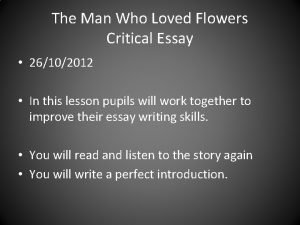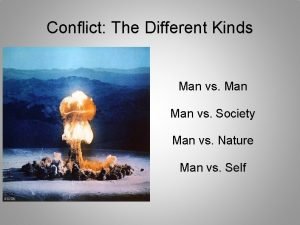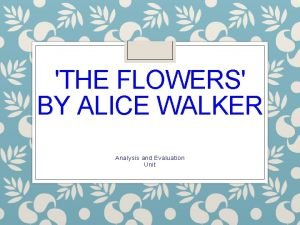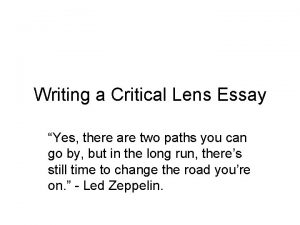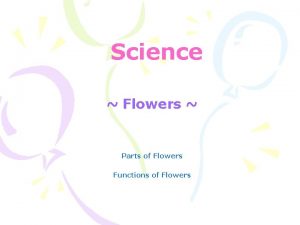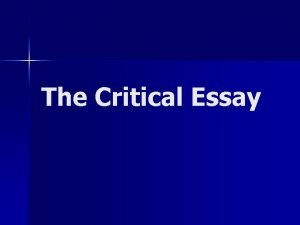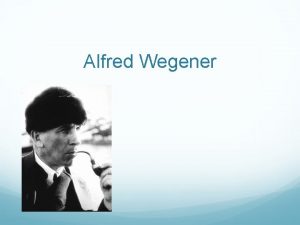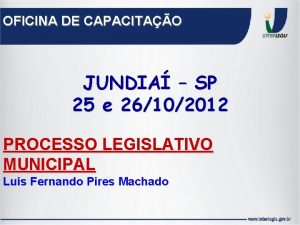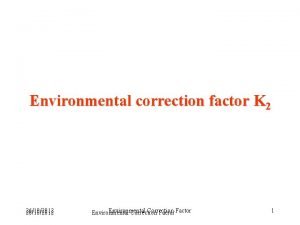The Man Who Loved Flowers Critical Essay 26102012










- Slides: 10

The Man Who Loved Flowers Critical Essay • 26/10/2012 • In this lesson pupils will work together to improve their essay writing skills. • You will read and listen to the story again • You will write a perfect introduction.

1. Listen to the story and read along.

• Now, each group will be given an essay question. • You will have 10 minutes to work together to write the best introduction for that question.

• 1. Write about a short story in which setting is an important feature. Explain how the writer creates the setting and then go on to show this feature contributes to your understanding of the text as a whole. • An Introduction must: • 1. Rephrase the question into an opening statement, stating the title of the short story and who it is by. • 2. Give a brief outline of the story itself making reference to the task

• Now swap your introduction with another group and see how they compare. • Which introduction is the best? • Does their introduction 1. Rephrase the question into an opening statement, stating the title of the short story and who it is by. • 2. Give a brief outline of the story itself making reference to the task

• 2. Write about a short story which has a turning point or moment of realisation for at least one of the characters. Briefly describe what has led up to the turning point of moment. Go on to show what impact this has on the character(s) and how it effects the outcome of the short story. • An Introduction must: • 1. Rephrase the question into an opening statement, stating the title of the short story and who it is by. • 2. Give a brief outline of the story itself making reference to the task

• Now swap your introduction with another group and see how they compare. • Which introduction is the best? • Does their introduction 1. Rephrase the question into an opening statement, stating the title of the short story and who it is by. • 2. Give a brief outline of the story itself making reference to the task

• 3. Write about a short story in which the writer uses a memorable style/voice/narrative technique. Explain in detail how features of the style/voice/narrative technique contribute to the effectiveness of the text. • An Introduction must: • 1. Rephrase the question into an opening statement, stating the title of the short story and who it is by. • 2. Give a brief outline of the story itself making reference to the task

Finally… • Take a look at your own introduction, how does it compare? • Can you improve it?

• The “Man Who Loved Flowers” by Stephen King is a short story in which setting is an important feature. The story is set in New York City on a beautiful evening in Spring. We see a young man, apparently in love walking through the city. His demeanour attracts the attention of everyone he passes who all think he is in love and on the way to meet his sweetheart. He stops at a flower vendor to buy a bouquet of tea roses and continues on his way. As the evening gets darker the man turns into a side street and approaches a woman he believes is his beloved Norma. The woman is in fact a stranger and the young man a crazed hammer murderer. He insists the woman is Norma despite the narrator confessing to us that she “has been dead for 10 years”. The young man brutally murders the woman and continues on into the night. Setting is vital in the short story because it is a key part of King’s misdirection. It confuses us into thinking this is not a horror story, which makes the climax more shocking.
 The man who loved flowers analysis
The man who loved flowers analysis Man vs man man vs nature man vs self man vs society
Man vs man man vs nature man vs self man vs society We love him because
We love him because Critical semi critical and non critical instruments
Critical semi critical and non critical instruments Principle of sterilization
Principle of sterilization What are factors of 16
What are factors of 16 Jacob moves to egypt
Jacob moves to egypt A hungry man is an angry man essay
A hungry man is an angry man essay Compare non-critical readers with critical readers.
Compare non-critical readers with critical readers. Why did alice walker write the flowers
Why did alice walker write the flowers Critical lens essay example
Critical lens essay example
